Before, most people used to go to the doctor only when something’s wrong. In recent years, more have been conscious about their health, prioritizing preventive care. Then, the unforeseen happened: the pandemic. At the backdrop of a health crisis, everyone has become more proactive in terms of taking care of their well-being. But beyond being advocates for hand washing and vaccination, you must prioritize regular executive check-ups as well.
Seeing your doctor regularly offers a host of benefits. It reduces your risk of getting sick, detects potentially life-threatening diseases early on, manages complications from an existing ailment, and improves your chances of recovery when you’re already going through treatments. If executive check-ups weren’t part of your habit before, you may be curious about other aspects of it on top of the benefits it offers. In this article, we compiled some frequently asked questions about executive check-ups to help you learn more about it, and more importantly, take charge of your health better.
What is an executive check-up?
An executive check-up is an assessment that involves different medical procedures aimed at preventing health problems. It’s a lot more detailed than your visits to the eye clinic. As mentioned earlier, taking care of one’s well-being goes beyond going to the doctor for treatment. It’s also about reducing the likelihood of catching diseases or addressing them early on before they progress into a serious case.
 Photo courtesy of Karolina Grabowska via Pexels
Photo courtesy of Karolina Grabowska via Pexels
With a medical assessment, the physician will recommend lifestyle changes to help you better take care of your physical health. This may include incorporating or avoiding certain food, taking medications, starting routines such as exercising, or breaking bad habits including smoking.
What does an executive check-up include?
In getting the full picture of your physical health, and executive check-up would involve different lab tests and procedures depending on your healthcare provider. But these are some of the most common:
- Vital signs check:
- Heart rate
- Respiratory rate
- Blood pressure
- Temperature
- Body mass index
- Lipid profile test (cholesterol check)
- Complete blood count
- Cardiac work-up:
- Chest x-ray
- Hepatic work-up:
- Hepatitis test
- Bilirubin blood test
- Pulmonary work-up
- Renal work-up:
- Urinalysis
- Serum glutamic pyruvic transaminase (SGPT) blood test
- Creatinine test
- Thyroid function tests
- Stool exam
- Sensory check:
- Eye check-up
- Ear exam
- Risk assessment for certain diseases, such as diabetes (e.g, fasting blood sugar test) and cancer (e.g., HPV screening).
These are the additional tests and procedures that may be recommended for you depending on your sex, age, and medical history:
- Computerized tomography (CT) scan. This imaging technique helps in detecting muscle and bone problems, as well as the presence of tumors, infections, or blood clots. Your doctor may include this in your executive check-up to detect diseases, such as heart disease, liver masses, and cancer.
- Magnetic resonance imaging (MRI). MRI, another imaging technique, can examine different organs in the body, including the brain, spinal cord, heart, liver, kidneys, pancreas, uterus, and more. Your doctor may include this in your executive check-up to rule out abnormalities in these organs or diagnose certain conditions.
- Electrocardiogram (ECG). This test focuses on your heart function. Your doctor may include this in your executive check-up if you’re having symptoms of a potential heart problem, such as chest pains, heart palpitations, rapid pulse, and shortness of breath.
 Photo courtesy of Jair Lázaro via Unsplash
Photo courtesy of Jair Lázaro via Unsplash
- Colonoscopy. This is a health assessment of the large intestine and rectum. Your doctor may include this in your executive check-up if you experience abdominal pains or have a family history of colon cancer.
- Ultrasound. Another imaging technique, ultrasound can also show different parts of the body. Your doctor may include this in your executive check-up if you’re at risk for breast cancer, thyroid problems, bone diseases, among others.
- Mammogram. An imaging technique, mammogram shows an x-ray image of the breasts, a tool for breast cancer screening. Your doctor may include this in your executive check-up if you’re at risk for this type of disease.
Maayo Well offers a range of medical services that can help evaluate your health better. Our Cebu doctors will guide you through each diagnostic assessment, talking about the procedures so you can better prepare for them.
How much is an executive check-up?
The executive check-up price in the Philippines ranges from Php3,000 to Php15,000. Hospitals provide different kinds of packages, involving different procedures for each. Generally speaking, the more tests involved, the more costly the package will be. Nonetheless, it’s always a good idea to invest in preventive care. If you think about it, you’ll have more financial gains in the long run:
- You can avoid treatment costs down the road since the executive check-ups reduce the risk of getting sick.
- You can steer clear of higher hospital bills if you do get sick because executive check-ups can help detect life-threatening conditions early, while managing existing conditions.
Take a proactive approach in caring for your physical well-being to keep your financial health in check as well. Compare executive check-up price lists of different Philippine health centers to find services that suit your budget.
Is an executive check-up covered by health insurance?
The executive check-up price, as you know, isn’t inexpensive, but fortunately, most health maintenance organizations (HMO) include check-ups in their insurance plans. Here at Maayo Well, we have expanded our HMO partners to serve our patients better:
- AXA
- Generali
- Philcare
- AsianLife
- Lacson & Lacson Insurance Brokers, Inc.
- Avega
- Intellicare
- Maxicare
- Insular Health Care
- Life & Health
- Medicard
- Sun Life GREPA
- Cocolife
- CareHealth Plus
- Bright Care
- Allianz PNB
- AMAPHIL
- eTiQa
- TRICARE
- WellBe
Is an executive check-up covered by Philhealth?
Under Philhealth’s expanded primary care benefit program called Konsulta (Konsultasyong Sulit at Tama), you can get primary care services and selected lab tests, which form part of the executive check-up.
In this Philhealth Konsulta benefit table, you’ll see that the primary care services involve consultation for any medical condition and preventive health services. Selected lab tests, on the other hand, include complete blood count with platelet count, urinalysis, fecalysis, sputum microscopy, fecal occult blood, pap smear, lipid profile, fasting blood sugar, oral glucose tolerance test, ECG, chest X-ray, and creatinine test, among others.
Under the Konsulta program, you can also get medicines for anti-microbial, anti-asthma, anti-pyretic, anti-dislipidemia, anti-diabetic and anti-hypertensive needs.
In the midst of a global health crisis, it’s important to be proactive about your physical well-being. An executive check-up is a must, as it minimizes the likelihood of getting sick, detects diseases early on, and manages existing conditions more effectively.



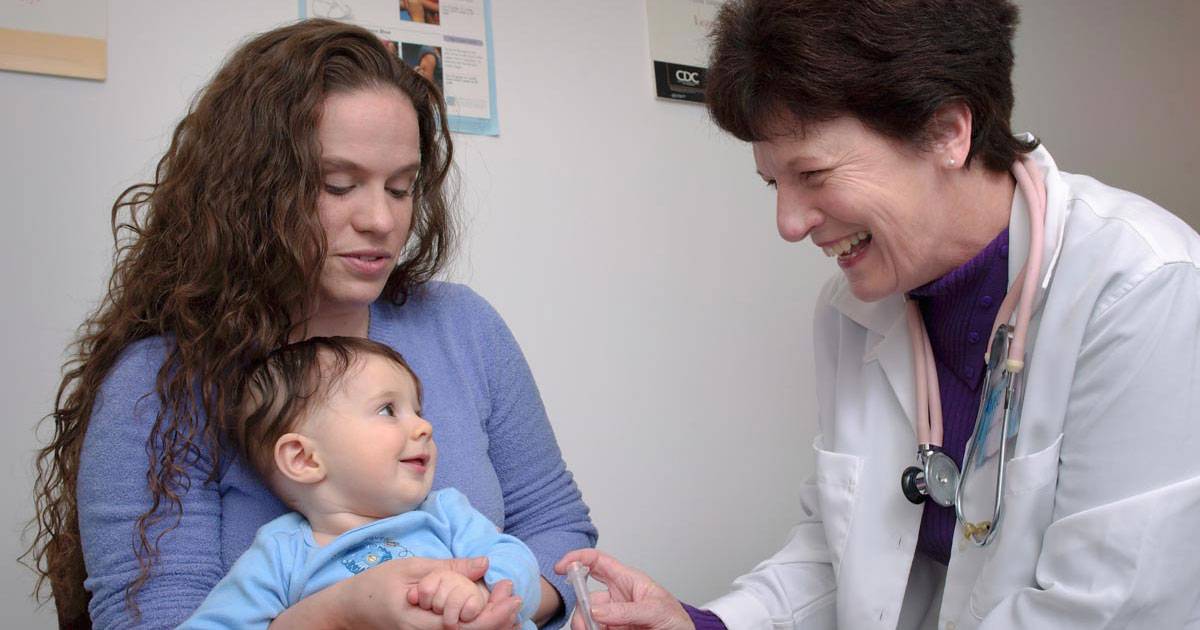

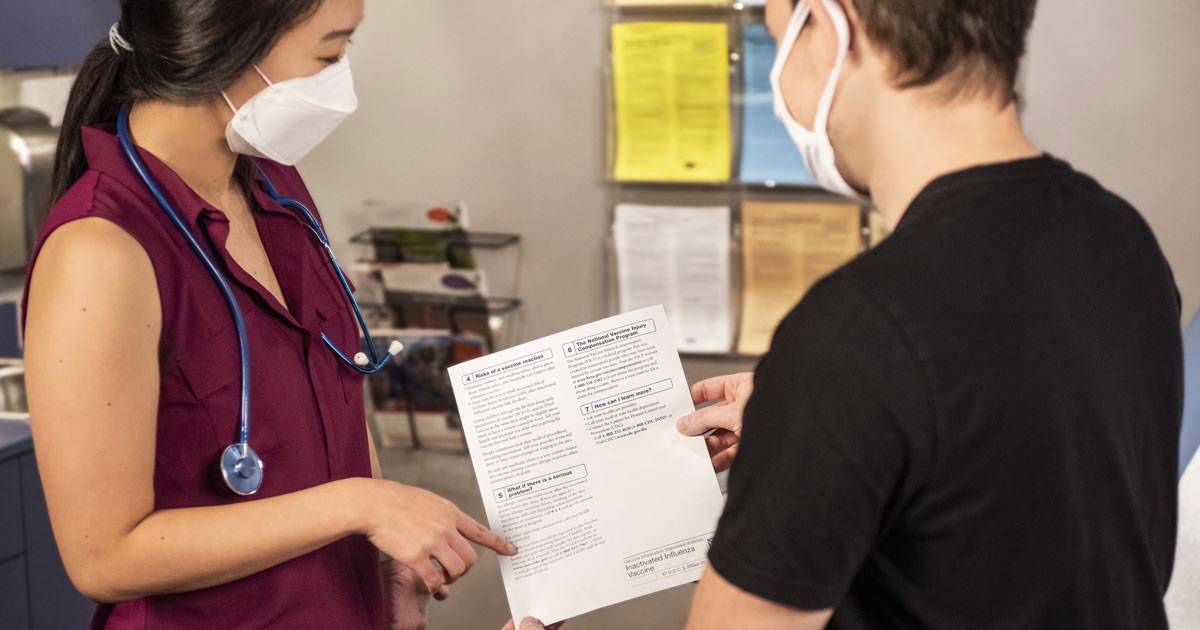












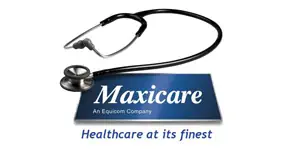

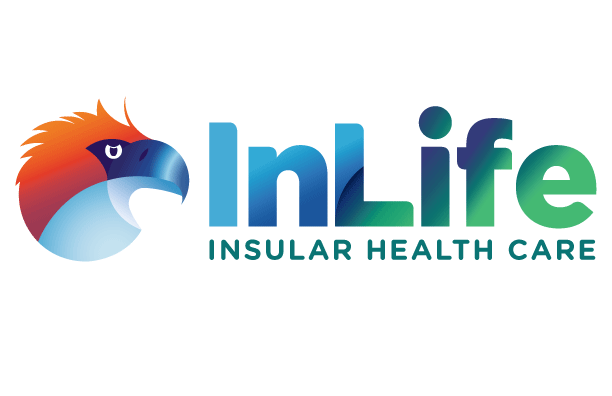


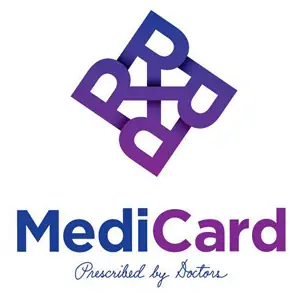
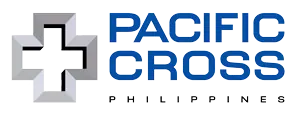

Leave a Reply